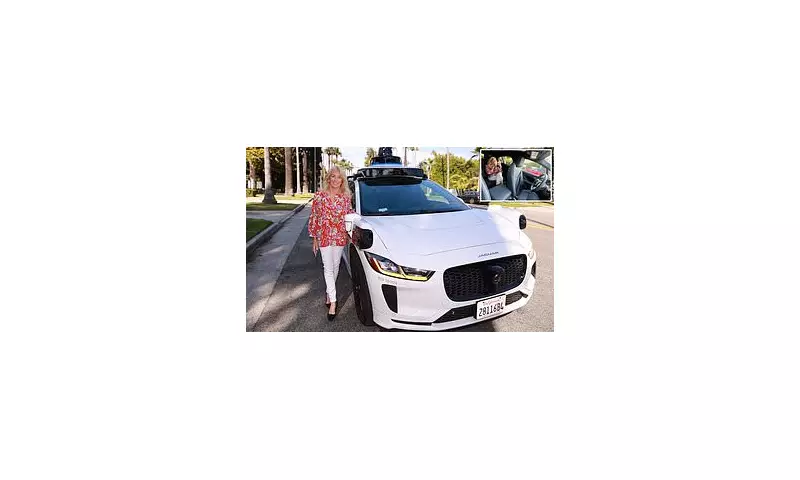
Driverless Revolution Arrives in London
The streets of London are set to witness a transport revolution as Waymo, the pioneering autonomous vehicle company owned by Alphabet, prepares to launch its fully driverless taxi service in the capital by 2026. This announcement comes fresh from the company's successful expansion across Los Angeles, San Francisco and Phoenix, marking a significant milestone in the global adoption of self-driving technology.
From American Success to British Ambition
Waymo's white electric I-PACE Jaguars have become familiar sights in Los Angeles since the service launched there last November. The company recently revealed it's now providing more than 250,000 fully autonomous trips weekly in LA alone, having reached an impressive 10 million lifetime trips back in May. With this proven track record, Alphabet is now looking across the Atlantic to bring its driverless expertise to UK roads.
A company statement enthusiastically declared: 'Hello London! Great news. We're bringing our fully autonomous ride-hailing service across the pond where we intend to offer rides – with no human behind the wheel – in 2026.' Industry sources suggest that after London, the service will expand to other major British cities including Manchester, Liverpool, Birmingham and Edinburgh.
Safety First Approach Wins Confidence
Waymo has distinguished itself through its rigorous focus on safety. Recent statistics show their vehicles have 79% fewer accidents involving airbag deployment compared to human drivers. Their fleet has completed 96 million miles of driving across American cities, during which they experienced only 34 airbag-triggering crashes – significantly fewer than the 159 such crashes that would typically occur with human drivers over the same distance.
The technology underpinning this safety record is genuinely impressive. Each vehicle features spinning lidars on the roof that can 'see' up to 300 metres in every direction using a sophisticated combination of radar, sensors and cameras. This information feeds into an artificial intelligence system capable of predicting the movements of pedestrians, cyclists and other road users.
As one insider revealed: 'Alphabet has deep pockets and Waymo has access to all of Google's data, which is a huge commercial advantage. Waymo's been clever, focusing on safety first, which Tesla's been accused of trying to circumvent.'
Transforming Urban Mobility
The arrival of autonomous vehicles promises to revolutionise how people navigate cities. In Los Angeles, where the metro system remains sparse, these services are proving particularly valuable ahead of major events like next year's World Cup and the 2028 Olympics. Many younger residents are even questioning the need to obtain driving licences, having grown up in an era dominated by ride-hailing apps.
For women travelling alone, especially late at night, driverless taxis offer an additional layer of security by removing concerns about unknown drivers. The service operates similarly to conventional ride-hailing apps – users summon vehicles through an application, track their approach, and identify their specific car by illuminated initials displayed on the roof.
Despite the substantial investment – Waymo admits to ploughing £7.6 billion into its fleet, though insiders suggest the real figure is much higher – the company faces some challenges. Protesters have attempted to disable vehicles by placing orange cones around them, though the cars have since been reprogrammed to escape these 'cone prisons'. The unfortunate death of a cat named KitKat in San Francisco also highlighted that the technology, while advanced, isn't perfect.
Nevertheless, as one experienced user noted after multiple journeys: 'You never quite get over the thrill of sitting in the passenger seat of a driverless vehicle.' With regulatory hurdles being overcome and public acceptance growing, Britain should prepare for autonomous vehicles to fundamentally transform urban transport, much as Henry Ford's automobiles once replaced horse-drawn carriages.





